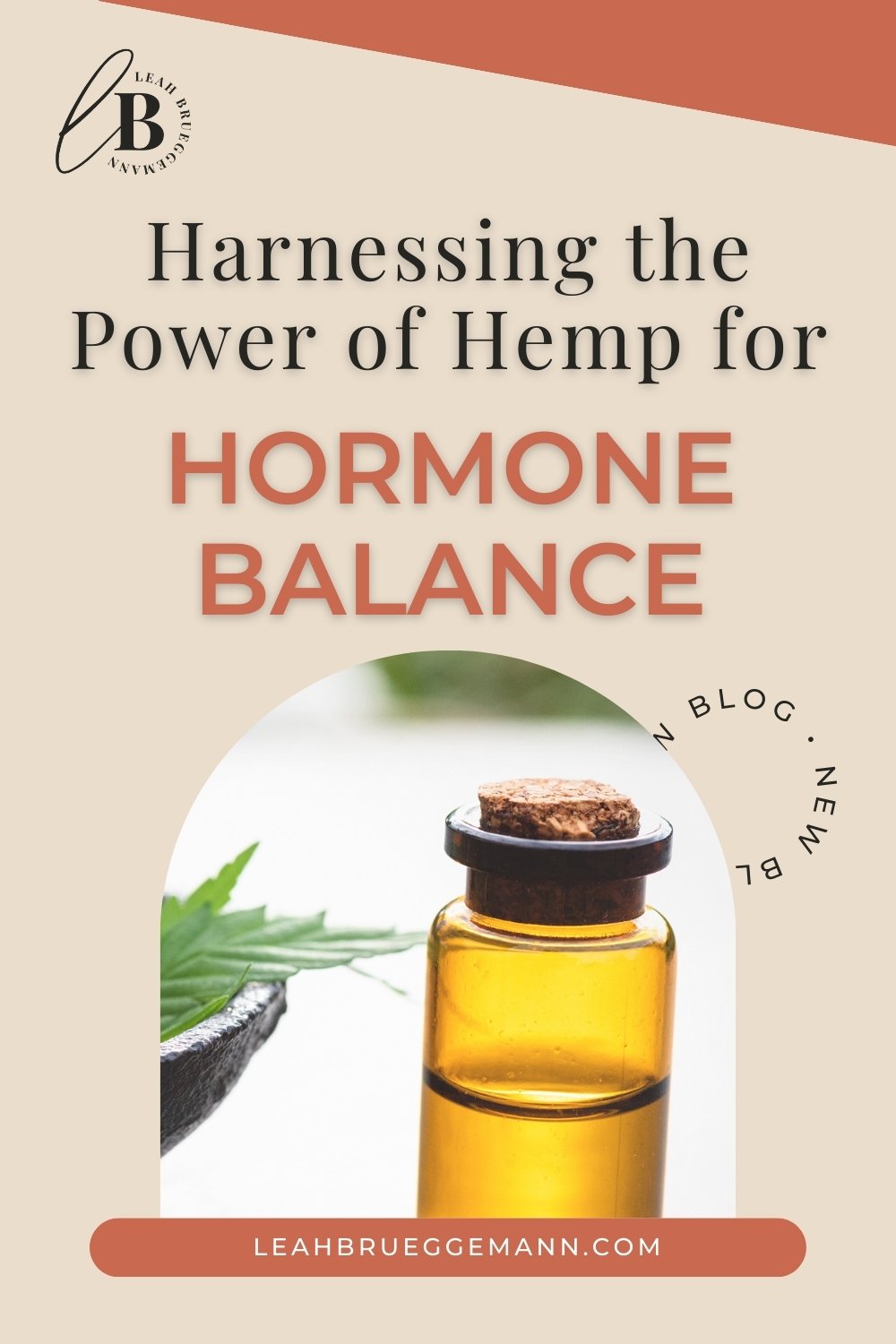Men’s Role in Fertility
I recently interviewed Ayla Barmmer, who is a registered dietician, nutritionist and a functional medicine practitioner, to discuss men’s role in fertility. We talk a lot about women’s fertility here, but men also play a huge role in a healthy pregnancy — it takes two to tango!
You can listen to our full interview here.
Ayla says that despite men accounting for nearly half of all fertility problems, infertility is still commonly regarded as a women's issue, leaving men feeling helpless and without purpose. Their actions can make a positive impact on conception, pregnancy, and a baby's long term health!
If we look at the numbers, about 30% of infertility issues are due to female factors, 30% are due to male factors, and the remaining 40% are categorized as unexplained infertility (which is typically a combination of both factors).
So this is really a shared issue! There’s only so much you can do when you’re looking at just one half of the equation.
Men’s Impact on Conception
You might know that nutrient levels in mom affect the baby’s genetic expression, but men’s nutrient levels can also affect the baby! Epigenetic imprinting really starts before conception. So as sperm and eggs are developing in that 3-6 month window (or even earlier!) everything that's going on in your environment, the things you’re eating, and that you’re doing, are all impacting your genes.
What happens is that the sperm and the egg have these “tags” that communicate to the developing embryo and tell it what the environment is like and how to adapt. So this is where both women AND men’s lifestyle and environment is really playing a role in epigenetic imprinting.
We’re also seeing in the research now that men’s health and lifestyle can be traced to really common and dangerous pregnancy complications like preeclampsia. So basically, men play an even bigger role in pregnancy loss than was once thought.
Similar to women, men should start paying attention to their sperm development about three months prior to conception. So for both men and women, you want to be thinking about your nutrition, your environment, and your lifestyle at least three months before getting pregnant.
When you start to see issues with fertility, it usually traces back to some kind of underlying root cause, which can be a number of things for men. For example, there are many things that can directly affect testosterone production, which is needed for healthy sperm development. Stress, excess body fat, metabolic syndrome, insulin resistance, these are all things that can negatively impact testosterone production and can affect sperm quality.
We often hear that men are always able to reproduce and that age doesn’t impact them the way it does for women’s fertility. But actually, men are also more at risk for fertility issues as they age because for both women and men, we see hormone production decline. So that plays a big role in men’s fertility as they age.
There’s also the cumulative effect of stressors on the body over time that happens as you age. So the goal is to minimize stressors in order to boost fertility. Stressors include things like nutrient deficiencies, lifestyle choices, and environmental exposures. These things all add up and deplete your body’s resources that are needed for healthy reproductive functioning.
How Men Can Improve Fertility
Men’s fertility is extremely complex, of course, and issues are very individualized. But there are four things that Ayla recommends men focus on to improve their fertility, which will make a huge difference!
1. Nutrition
First and foremost, you want to give your body what it needs to help combat the things you can’t control, like age and certain environmental exposures. So the very first thing you can do is focus on eating a diet rich in antioxidants and omega three fatty acids.
Eating a variety of colorful fruits and veggies (that most of us are not eating enough of!) is going to be one of the richest sources of antioxidants.
Seafood is great too, including shellfish, which are really uniquely high in sperm supporting nutrients, like zinc and selenium!
2. Exercise
Exercise regularly! I know we all know exercise is good for us, but especially when it comes to fertility, it’s about pumping fresh, oxygenated, nutrient rich blood around your body. This supports your brain and reproductive organs and helps with hormone balance and production.
3. Sleep
Get seven or eight hours of sleep a night and sync as closely as possible with the natural light and dark cycles. This is because your circadian rhythm is very closely tied to your reproductive health.
4. Supplementation
Finally, daily supplementation can help boost your fertility. It’s important to think about your nutrition from a food first perspective, but the truth is you’re never going to get it perfect every single day. So the goal here is to focus on nutrition and then use supplements to just fill in the gaps and support sperm quality.
This can be a really individualized thing and if you have testing done, you’ll know exactly what vitamins and minerals you need to supplement. However, when it comes to fertility, Ayla recommends a really well balanced and well formulated multivitamin. This isn’t necessary at all stages of life, but when you’re wanting to conceive, this is really important time to get things in balance and make sure you’re getting all the nutrients you need.
Some nutrients in particular that Ayla recommends men focus on during this time:
Vitamin D
B Vitamins
Folate
Zinc
Ayla formulated FullWell to be the most bioavailable forms of the nutrients you need.
Explore FullWell supplements for men and women.
What Men Should Avoid to Increase Fertility
There are three main things that Ayla recommends men avoid in order to increase their fertility.
1. Chemical and Heavy Metal Exposure
We’re exposed to more environmental chemicals and pollutants today than at any other time in history. One of the biggest things you can do to reduce your toxin exposure is to swap out fragrance products for more natural options because conventional products have known hormone disrupting chemicals like phthalates. This includes things like the air fresheners, wall plugins, car air fresheners, etc.
2. Alcohol
Now, I know this one isn't popular at all. We know women should stop drinking alcohol throughout the pregnancy, but men can help create a healthy pregnancy by reducing their alcohol consumption too! If men avoid or at least greatly reduce their alcohol intake for that three month window prior to conception, it’s going to mean healthier sperm, healthier pregnancies, and healthier babies!
3. Smoking
No surprise here again, but smoking cigarettes in particular can have a big impact on the health of your pregnancy. Sperm are very sensitive to oxidative stress and cigarette smoking generates a ton of oxidative stress. So by quitting smoking, men can greatly improve the health of their sperm, which again will lead to healthier pregnancies and healthier babies.
Next Steps
The most important thing you can take away from this if you’re a woman struggling with infertility, is that it’s not just about you. So often we treat this as a woman’s issue and that’s exactly why I wanted to talk with Ayla and have her share her insight as to how much your partner plays a role in the health of your baby.
It takes both of you to create a healthy pregnancy! When you approach fertility from both sides, women AND men, you’re giving yourself the best possible chances of a healthy, successful pregnancy.
Learn more about naturally improving fertility inside the Hormone Reset Program.
You’ll learn how to balance your hormones naturally so that you and your partner can have a healthy, happy pregnancy!
The recommendations presented in this blog are not a substitute for medical advice from a qualified doctor. Before making any changes to your diet and lifestyle, please consult with your health care provider.




